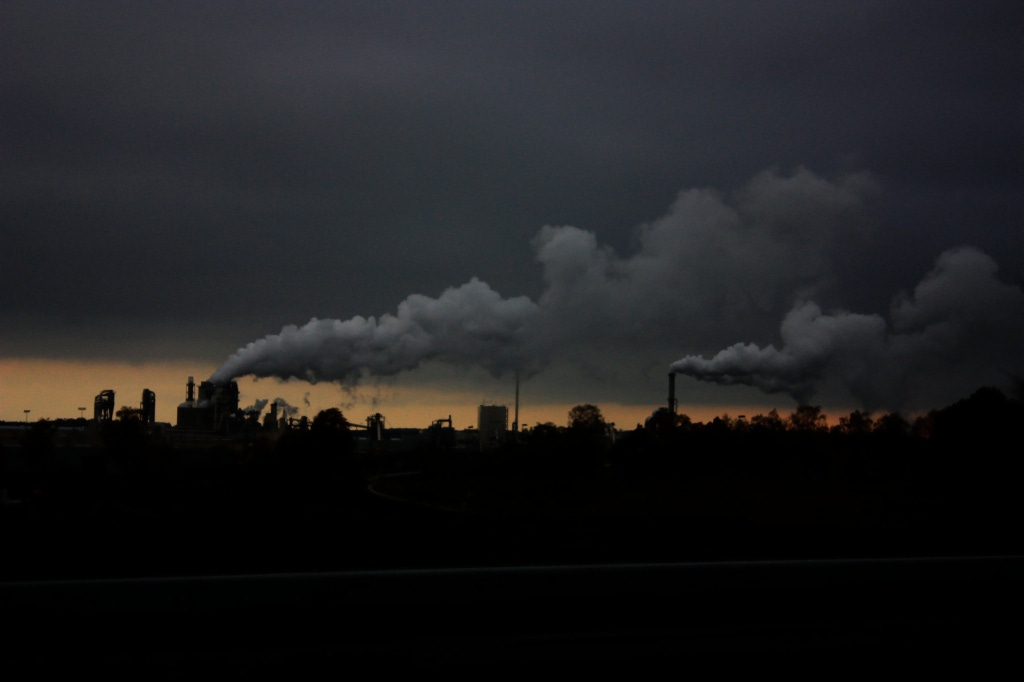Lucid and the summer of climate stock pops
Welcome to Callaway Climate Insights, your daily guide to global climate finance. Please enjoy and share with your colleagues. Was this shared with you? Please subscribe with the links below.
Today’s edition of Callaway Climate Insights is free for all our readers. We really want to bring you the best and latest in climate finance from around the world. Please subscribe now.

Shares of luxury EV maker Lucid Group, lifeless for most of the past three years and — but for a benevolent sovereign shareholder — all but left for dead, popped as much as 45% Thursday morning after a surprise deal with Uber to deliver a fleet of 20,000 autonomous cars as the robotaxi wars heat up.
It’s the second massive stock pop in two weeks on a deal out of left field, following a 49% surge in shares of rare earths company MP Materials MP 0.00%↑ last week after a $400 million investment by the Department of Defense (more on that below) following three years of lethargic activity in the sustainable sector.
These market moves can’t be predicted with charts. They don’t come from watching fundamentals. They are simply part of the mysterious chaos that makes markets so attractive to stock investors and occasionally delivers a home run in the event of a big deal that comes along.
Lucid’s LCID 0.00%↑ $300 million deal with Uber UBER 0.00%↑ includes a startup called Nuro, which will supply the autonomous technology to Lucid’s fleet. The companies hope to enter the market with tests in a major U.S. city next year, competing against Google’s GOOGL 0.00%↑ Waymo and against Tesla’s new robotaxis. Tesla TSLA 0.00%↑ shares dipped on the news while those of Rivian RIVN 0.00%↑ , another prominent EV maker, jumped about 6%.
For Lucid and its majority shareholder, the Public Investment Fund (PIF) of Saudi Arabia, the deal is a lifesaver and a long time coming. The autonomous taxi wars just got a whole lot more interesting. And for beleaguered sustainable stock investors, both these deals show that the market doesn’t always know everything.
Don’t forget to contact me directly if you have suggestions or ideas at dcallaway@callawayclimateinsights.com.
Follow us . . . .
Twitter | LinkedIn | Facebook | Instagram
Zeus: Climate investors and the new drone age
. . . . Drones are in the news this week as a report that the U.S. is unprepared for the type of drone warfare happening in Russia and the Ukraine caused a spike in the small number of public drone stocks, writes David Callaway. But Callaway, (who knows a thing or two about drones because his new novel, Unregulated Militia, is all about how they could be used against the U.S.) says that in reality, drone use for climate security and weather measurement is going to be bigger than military uses. From spreading seeds to fighting wildfires, we have entered a new drone age. Investors have taken notice. Check out some of the drone stocks and upcoming startups.
Thursday’s subscriber insights

MP Materials deal raises the Greenland scenario again
. . . . Trump administration officials took pains last week to assure investors that the Department of Defense’s $400 million investment in rare earths company MP Materials MP 0.00%↑, whose stock rose by half on the announcement, was not the first step toward a nationalization.
That may be, but the deal certainly portends the possibility of a round of strategic investments in minerals and rare earths companies by the administration, which brings us around again to Greenland.
President Donald Trump’s interest in Greenland has, on the face of it, been about national security and protecting Arctic waterways from potential incursions by Russia or others. But the island’s rich minerals load is also a target and might be even more important to those who are advising Trump.
Since Trump first indicated he wanted Greenland earlier this year, interest in the country’s Amaroq Minerals and Critical Metals Corp. CRML 0.00%↑ has soared. Critical Metals shares even bumped up a bit on the Nasdaq last week after the MP Materials deal was announced.
For those caught somewhat off guard by the MP Materials deal, Greenland and its miners must now be on the radar again.
Editor’s picks: Glimpse the cosmic dawn; plus, climate risks will hit chip supply hard
Watch the video: What does it take to gaze through time to our universe’s very first stars, galaxies, and light? “Cosmic Dawn: The Untold Story of the James Webb Space Telescope,” a NASA+ documentary, takes us behind the scenes of Webb’s journey, through the eyes of the people who made it possible. The documentary brings viewers on a journey through Webb’s assembly, rigorous testing and triumphant launch — showcasing the complexity and risks involved in creating a telescope capable of peering billions of years into the past.
A third of global chip supply at risk
Almost a third of global semiconductor production will be reliant on a copper supply that’s at risk from climate disruption by 2035, rising to 58% by 2050 if emissions do not decline, according to a new report from PwC. The report notes that chips are “integral to the modern digital economy, with the global semiconductor industry tipped to hit $1 trillion by 2030.” The report shows that copper mines, which require a steady water supply to function, face increasing risk from severe drought due to climate change. The analysis underlines the need for both copper exporters and semiconductor buyers to adapt their supply chains and practices if they are to manage the risks caused by climate disruption.
Latest findings: New research, studies and projects
Sticks and stones
For several decades, the oil, gas and mining industries have been disapproved of by public opinion because of their contribution to global warming, writes the author of this paper titled Disapproval: A Real Danger for Fossil Fuel Companies? From the abstract: “But does this disapproval have financial consequences for the companies in these industries? Through an empirical study carried out on a sample of 501 fossil fuel companies over nine years (2005 to 2014), we show that disapproval (studied through the concept of stigmatisation) significantly degrades the financial and economic performance (ROE and ROA) of these companies. This deterioration is amplified for companies located in countries exposed to physical risks but is cancelled out in democratic countries.” Author: Marie Cellou, University of Rennes, National Center for Scientific Research (France)
More of the latest research:
A Comprehensive Literature Review of Operational Risk in the Banking Sector Due to Climate Change
Dietary Change and Waste Reduction in Food System Emissions Mitigation
Words to live by . . . .
“Summer afternoon — summer afternoon; To me, those have always been the two most beautiful words in the English language.” — Henry James, American-British author.






